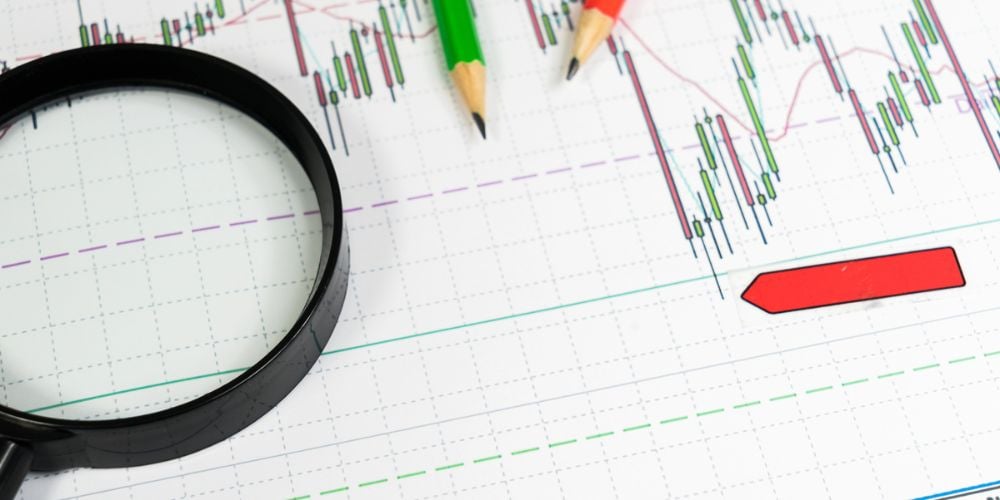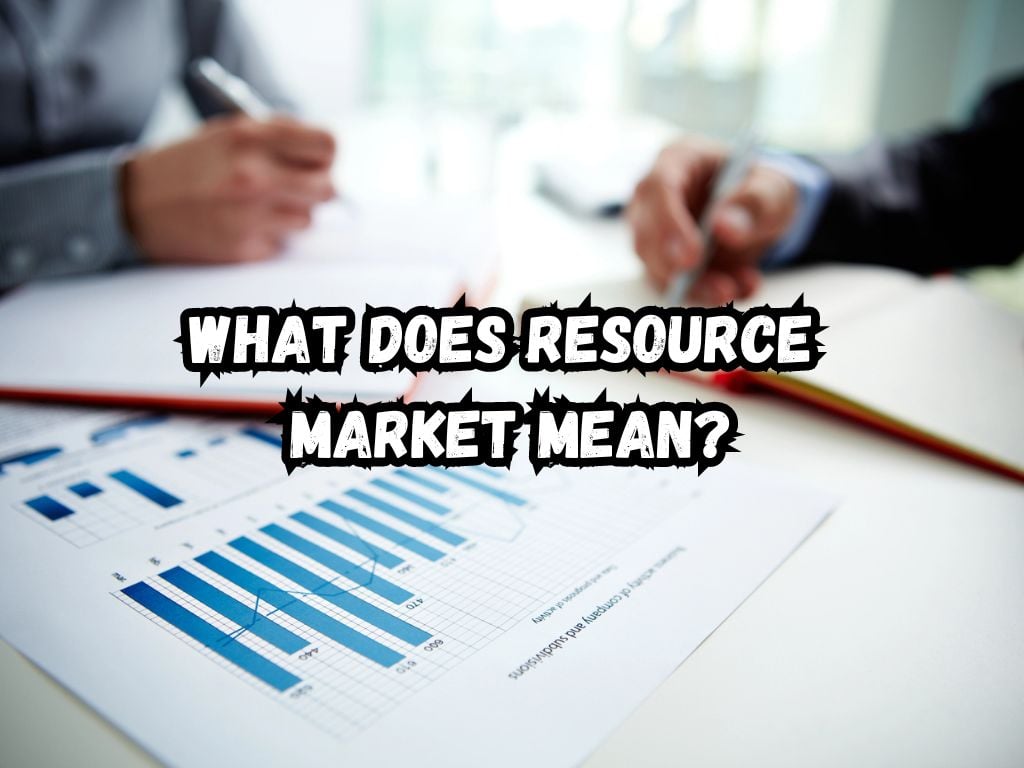In the world of economics, the term ‘market’ generally conjures images of transactions and trades concerning goods and services destined for the end consumer.
The resource market, often overshadowed by its product or service counterpart, is indeed the quiet engine room of all economic activity. This engine room is a bustling market in its own right, one that deals with the very sinews and muscles—the resources—that enable the body of production to function.
In this article, we endeavor to explore the concept of the resource market, unraveling its pivotal role in our global economy.
What Does Resource Market Mean?
Resource markets are essentially avenues for trading the ‘inputs’ needed to produce the ‘outputs’ that are goods and services.
Like blood vessels transporting vital nutrients to organs, resource markets carry the essential elements required for economic production. These elements are often summarized as the factors of production: labor, capital, land, and entrepreneurship.

Labor Markets
Labor is, and will likely remain, one of the linchpins of the resource market.
It consists of the work done by people that is necessary for producing goods and services. Without labor, the machinery of production would grind to a halt.
Capital as a Resource
Capital, in economic terms, refers to any asset used in the production of goods and services. This doesn’t just include money; it also encompasses machinery, buildings, and technology—any resource that can be used to generate economic value over time.
Land and Natural Resources
The term ‘land’ encompasses not just the physical territory but also the natural resources that come with it. Whether it be minerals, oil, forests, or agricultural space, land as a resource is a key component of the resource market.
The Role of Entrepreneurship
Entrepreneurship is the ability to bring together labor, capital, and land to create new products or services. It is the driving force that channels these resources into productive and innovative uses.
Participants in the Resource Market
At the very core of the resource market are its participants: the buyers and sellers. The dance between these two defines both the pace and the rhythm of resource allocation in any economy.
Businesses as Buyers
Businesses, whether they are multinational corporations or local startups, are the predominant buyers in resource markets. These entities seek out the resources they need to create their products or services.
Individuals and Households as Sellers
On the other side of the equation, we have individuals and households that provide the labor. They offer their skills and time in exchange for wages which they then spend, often in the product markets, thus completing the economic cycle.
The Mechanics of Resource Markets
The functioning of resource markets is a marvel of economic interaction. Prices of resources—which are critical signals in any market—fluctuate based on the equilibrium established by supply and demand.
Supply and Demand
The law of supply and demand is simple yet profound. If a resource is scarce but highly demanded, its price will likely rise.
Conversely, if a resource is abundant but little demanded, its price will typically fall.
Pricing Mechanisms
Pricing in resource markets reflects not just current availability and need but also future projections and potential risks. These markets are adept at integrating various signals, from weather patterns affecting crop yields to geopolitical tensions influencing oil prices.
The Significance of Resource Markets in the Economy
Resource markets are not merely adjuncts to the broader economy—they are foundations of economic vitality.
Employment and Economic Growth
Resource markets are fundamentally tied to employment. They determine who works, where they work, and the nature of that work. Through this, they drive economic growth by facilitating the production of goods and services.
Innovation and Development
A healthy resource market also encourages innovation. With resources efficiently distributed, businesses can invest in research and development, pushing forward the frontiers of technology and business models.
Evolving Trends in Resource Markets
Resource markets are not static; they pulse with the beat of technology and the rhythm of global change.
The Impact of Technology
Automation, artificial intelligence, and other technological advancements are transforming traditional sectors. These changes offer gains in efficiency and cost-saving measures to businesses, but they also necessitate a retraining and rethinking of the workforce.

Facing the Challenges Ahead
The path of resource markets is not always smooth. Obstacles often arise, challenging economies and markets to adapt and overcome.
Resource Scarcity
Non-renewable resources, once the bedrock of certain industries, are depleting. Finding sustainable substitutes or innovating in conservation and efficiency has become crucial for continued economic success.
Political and Economic Uncertainties
The resource market is sensitive to political and economic climates. Unstable governments, shifting trade policies, and volatile economies can disrupt the flow and pricing of essential resources.
Frequently Asked Questions
Are the resources in the resource market only natural materials?
No, resources in the resource market include not only natural materials but also labor, capital, and entrepreneurship—the full array of inputs needed for production.
How is globalization affecting resource markets?
Globalization expands the resource market by increasing competition and connecting global supply chains. This can lead to more efficient resource distribution but also creates vulnerability to global economic fluctuations.
What implications does environmental sustainability have on resource markets?
Sustainability is becoming increasingly important in resource markets. As resources become scarcer and the environmental impact of their extraction becomes more pronounced, there is a growing need to manage resources responsibly and develop sustainable alternatives.
By expanding on each section to provide detailed information, clarifying the headings, and focusing on easy-to-read content, this article sheds light on the critical nature and functions of resource markets within the global economic ecosystem.
Conclusion
The resource market is the unsung hero of the economy, a place where vital components of production are exchanged. Its role is vital yet often underappreciated.
Not only does it channel goods and services to those who need them, but it also drives economic growth and innovative development.
As technology continues to evolve and global trends shift, understanding the intricacies of the resource market becomes increasingly important.
By engaging with the resource market, we understand the flows of our global economy and can better navigate its complex systems.


 Tags:
Tags:










